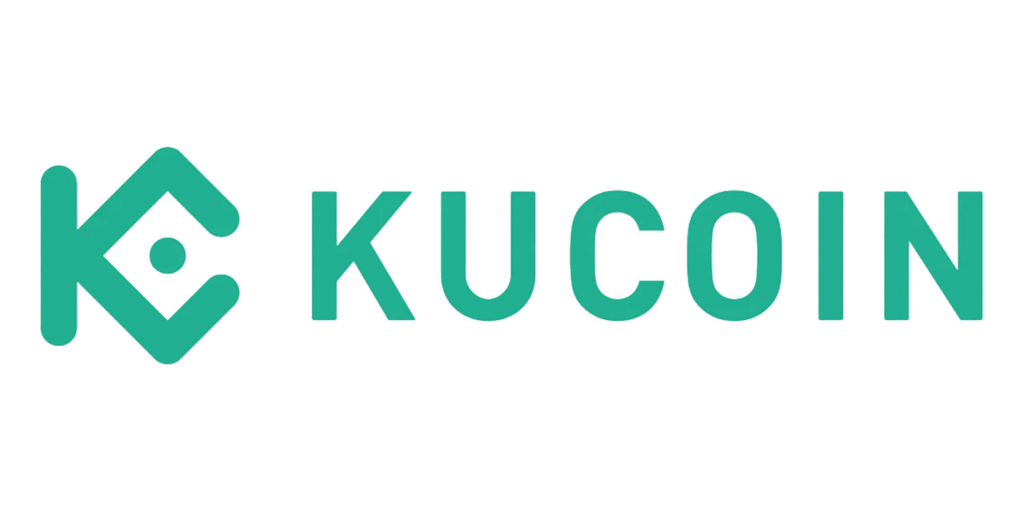Summary
The cryptocurrency landscape in Cuba presents unique opportunities despite regulatory complexities. While cryptocurrencies are not officially recognized as legal tender, their use is permitted with certain restrictions. The Central Bank of Cuba (BCC) maintains regulatory oversight of crypto activities. Popular payment methods include credit cards and bank transfers, though P2P trading has gained significant traction. Here are the best crypto exchanges in Cuba:
Best Crypto Exchanges in Cuba
When selecting crypto exchanges in Cuba, factors such as payment methods, security features, and trading fees require careful consideration. The Cuban Peso (CUP) has limited direct trading pairs, making USD-based stablecoins particularly important for local traders.
1. KuCoin
2. BYDFi
3. BingX
4. Gemini
5. Bitunix
Is Crypto Legal and Regulated in Cuba?
Cryptocurrency regulation in Cuba operates under specific guidelines established by the Central Bank of Cuba (BCC). Through Resolution 215 of 2021, the BCC created a framework for cryptocurrency operations, requiring licensing for crypto service providers.
Virtual asset service providers must obtain authorization from the BCC and adhere to strict compliance requirements. The Ministry of Communications also oversees technical aspects of cryptocurrency operations.
While cryptocurrencies are not considered legal tender, their use for investment and trading is permitted within regulatory boundaries. The government maintains oversight through Resolution 89/2022, which establishes requirements for virtual asset service providers.
Is Crypto Taxable in Cuba?
Cryptocurrency taxation in Cuba follows specific guidelines under the Ministry of Finance and Prices. Crypto transactions are subject to personal income tax rates ranging from 15% to 50%, depending on the profit amount.
Trading profits exceeding 2,500 CUP annually must be declared. Capital gains from cryptocurrency investments are taxed at the standard progressive rate structure. Mining operations require registration and face additional taxation under business activity categories.
Disclaimer:
Tax laws are subject to change, and individual circumstances may vary. It is strongly advised to consult with a qualified tax professional or financial advisor for personalized guidance on cryptocurrency taxation in Cuba.
How to Buy Crypto in Cuba
Purchasing cryptocurrency in Cuba requires careful consideration of available payment methods and exchange options. KuCoin offers one of the most accessible platforms for Cuban residents, with multiple payment options and optional KYC requirements.
- Choose a Crypto Exchange: Find a crypto exchange that accommodates Cuban users and provides suitable payment options. Check the KYC (Know Your Customer) requirements and ensure the exchange offers the trading pairs you’re interested in.
- Register and Verify: Sign up for an account and complete any necessary identity verification. Be prepared to provide required documents, such as a government-issued ID.
- Deposit Funds: Fund your account using the available payment methods. Credit cards are a quick way to make deposits, while peer-to-peer (P2P) trading can offer more flexibility for transactions in Cuban Pesos (CUP).
- Select Your Cryptocurrencies: Decide which cryptocurrencies you want to invest in. Bitcoin (BTC), Ethereum (ETH), and Tether (USDT) are popular choices known for their liquidity.
- Place Your Trade: Execute your trade at your preferred price. Using limit orders can give you more control over the transaction price.
- Secure Your Assets: Once you purchase your cryptocurrencies, transfer them to a secure wallet for long-term storage to keep your investments safe.
Best Crypto Wallets in Cuba
Choosing a secure cryptocurrency wallet is crucial for users in Cuba. Ledger and Trezor hardware wallets offer the highest level of security for long-term asset storage.
For those seeking mobile access, Trust Wallet and Exodus are excellent options, featuring user-friendly interfaces and support for multiple currencies. MetaMask is also a key tool for engaging in decentralized finance (DeFi) activities.
While hardware wallets are ideal for storing large amounts of cryptocurrency safely, software wallets offer convenience for everyday transactions. Additionally, multi-signature wallets provide an extra layer of security, making them a great choice for institutional users.
Bottom Line
For users seeking the best crypto exchanges in Cuba, KuCoin stands out with its extensive feature set, optional KYC requirements, and diverse trading options. BYDFi serves as a strong alternative, offering competitive fees and robust security measures. Both exchanges support multiple payment methods including credit cards and P2P trading, making them accessible to Cuban users. These platforms provide the necessary tools and features for effective cryptocurrency trading in the Cuban market, with comprehensive charting capabilities and educational resources for traders of all experience levels.







